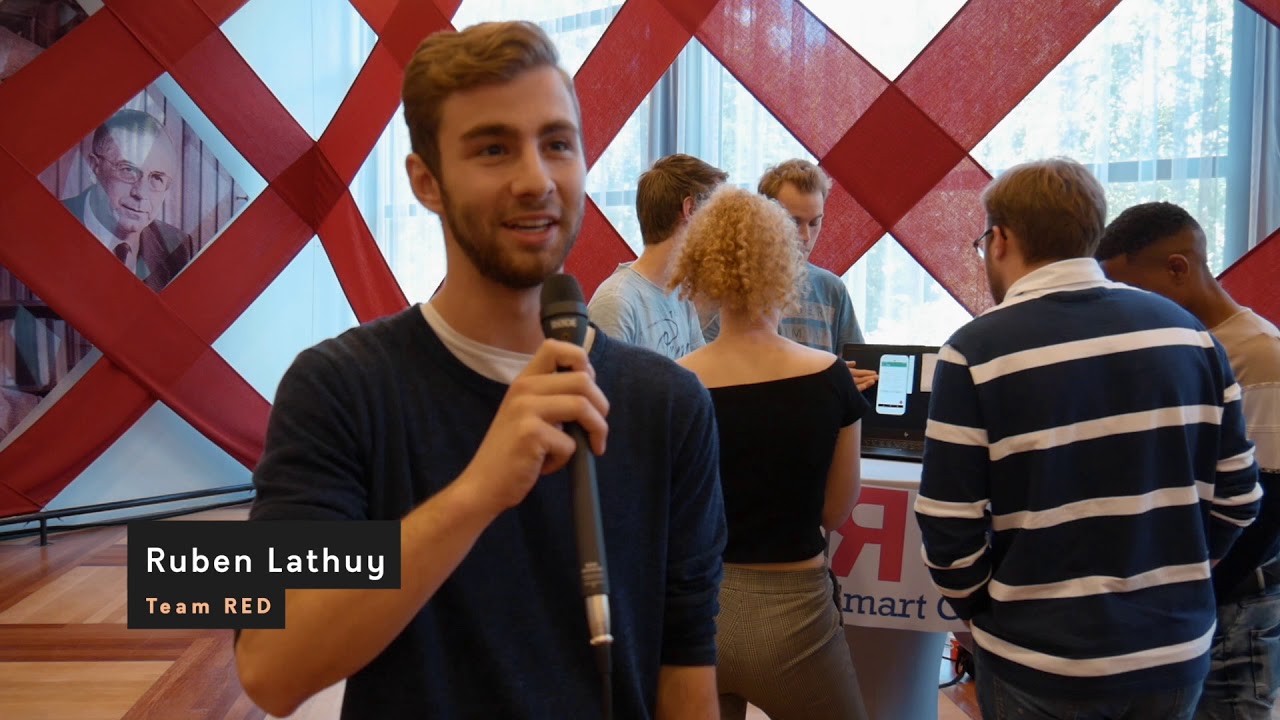Project introduction and background information
TU Eindhoven starts with USE-courses (non-technical courses focusing on User-, Society- and Enterprise aspects of technology) in the first two years to stress that this is an indispensable part of engineering education. In a traditional format of lectures, tutorials and a multiple-choice exam at the end, first and second year’s students overall are only little motivated.
Objective and expected outcomes
After intensive research, TU/e decided to fundamentally redesign the basic course on ethics using flipped-classroom and challenge-based learning pilot for a group of 180 students.
Results and learnings
External partners (called clients in this course) are central in challenge-based learning. They provide the open-ended exercise the students are faced with.
Recommendations
Results show that intrinsic motivation, autonomy and competence are significantly higher in the co-creation case compared to the other approach not using challenge-based learning.





